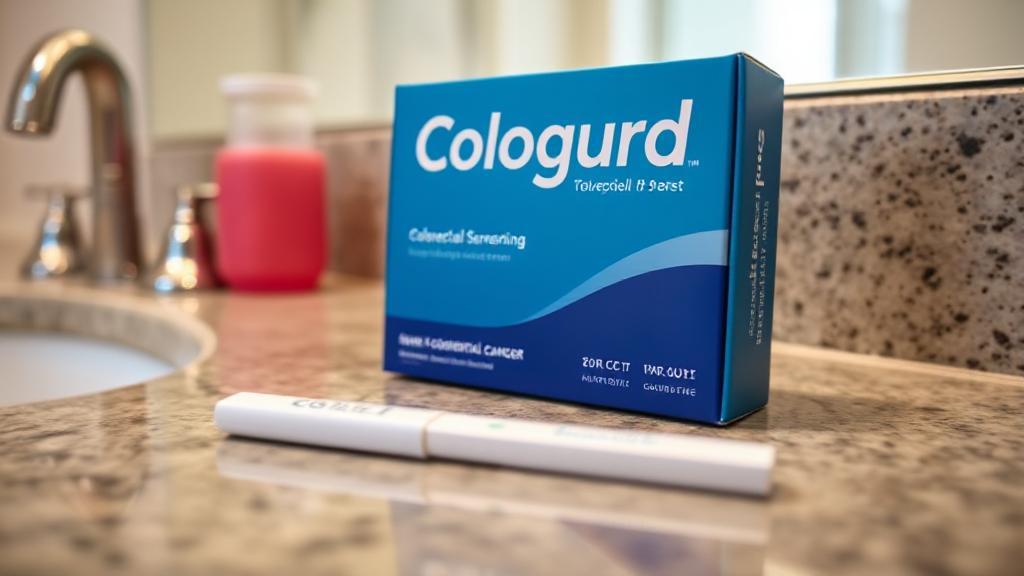Introduction to Colorectal Cancer Screening
Colorectal cancer is one of the leading causes of cancer-related deaths worldwide, affecting millions of people. Early detection through screening is crucial as it can significantly improve treatment outcomes and survival rates. Traditional screening methods include colonoscopy and fecal occult blood tests (FOBT), but these methods have limitations, such as invasiveness and dietary restrictions. Enter Cologuard, a non-invasive screening test that has gained popularity for its ease of use and effectiveness.
What is Cologuard?
Cologuard is an FDA-approved, at-home screening test for colorectal cancer, designed for adults aged 45 and older who are at average risk. It detects both DNA mutations and blood in the stool, which can indicate cancer or precancerous polyps.
The Science Behind Cologuard
Cologuard uses advanced molecular technology to identify specific DNA markers and biomarkers, including:
- Methylated DNA markers
- KRAS mutations
- β-actin (a DNA reference gene)
- Hidden blood in the stool
Collection and Testing Process
The process is straightforward and can be done at home:
- Sample Collection: Patients receive a collection kit by mail and collect a stool sample using the provided materials
- DNA Analysis: The sample is sent to a laboratory using pre-paid shipping
- Testing: The lab examines the sample for abnormal DNA markers and hemoglobin
- Results: Results are sent to the healthcare provider within 2 weeks
Accuracy and Reliability
Research has shown significant accuracy in detecting colorectal cancer:
Advantages and Limitations
Benefits
- Non-Invasive: Unlike colonoscopy, no invasive procedures required
- No Preparation: No dietary restrictions or special preparation needed
- Convenience: Can be completed at home
- No Sedation: Doesn't require any sedation or recovery time
Limitations
- False Positives/Negatives: Can produce incorrect results requiring follow-up
- Not for High-Risk Individuals: Not recommended for those with family history or certain genetic syndromes
- Frequency: Must be repeated every three years versus ten years for colonoscopy
- Follow-up Required: Positive results require diagnostic colonoscopy
Comparing Cologuard with Other Screening Methods
Insurance Coverage and Accessibility
Most insurance providers, including Medicare, cover Cologuard testing for eligible patients. Medicare requirements include:
- Age 50-85 years
- No signs or symptoms of colorectal disease
- Average risk for colorectal cancer
Maintaining Colorectal Health
Beyond screening, maintaining colorectal health involves:
- Regular exercise
- Healthy diet rich in fiber
- Limited alcohol consumption
- Smoking cessation
- Regular medical check-ups
For more detailed information, visit the American Cancer Society or the Cologuard website.
"Patients with a family history of colorectal cancer, previous polyps, or certain genetic conditions should discuss alternative screening methods with their healthcare provider."
Remember that early detection through regular screening is key to preventing colorectal cancer and improving treatment outcomes. Consult with your healthcare provider to determine if Cologuard is the right screening option for you.
